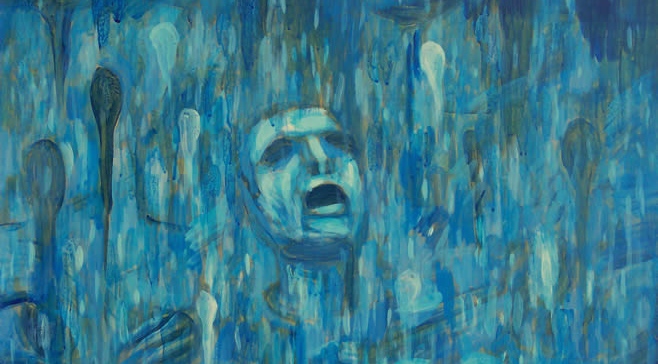“Never cut a tree down in the wintertime. Never make a negative decision in the low time. Never make your most important decisions when you are in your worst moods. Wait. Be patient. The storm will pass. The spring will come.”
Robert Schuller
If we take this concept of our emotions as a storm and elaborate, it is actually quite fitting. Often our emotions can overwhelm us, blurring our vision, clouding our thoughts, and numbing our other senses; much like a fierce storm. In a battle with nature the urge is to seek shelter, weather the storm, and get up and move on. However, trying to endure a storm of overwhelming emotions can often leave us feeling stuck and powerless, not sure where to turn or what to do. Science shows that when we are emotionally overwhelmed, or “flooded,” parts of our brain actually start to shut down; specifically the frontal cortex, which is the part of our brain that help us think, plan, and reason. When we start to get flooded, this part of our brain is firing less and we start operating more from our “mammalian” brain; where our core survival instincts are located. The main difference between the two parts is the frontal cortex “thinks” and our mid brain “acts.” When our emotions become so intense that they are hard to deal with, we are outside of our “window of tolerance” and now are beyond our ability to cope. Without thinking we fight, we flee, or we freeze. In these moments we are most likely going to turn to something for relief. Drinking, smoking, sex, drugs, cutting, and attention seeking are a few examples of negative ways people are trying to cope when they are outside their window. Exercise, prayer, yoga, talking to someone, meditation, walking, journaling, art, dance, etc…, are positive ways people try to bring themselves back into their window of tolerance.
If we turn to positive ways of coping and learn to walk through the emotion then our tolerance for emotions grows and our window expands. Over time we come to learn we can walk through the emotions and be okay. When we turn to negative ways of coping generally we are seeking to numb or avoid the emotion and in turn our tolerance is not built, in fact we become more intolerant, making us feel more helpless the next time. A vicious cycle ensues when we turn back to the negative way to cope which numbs, usually though instant gratification, but again decreases our ability to tolerate it. Before we can begin to work through any emotion however, we must have awareness of our struggle. Otherwise our emotions are ruling us rather than informing us.
Once we have awareness we can begin to gather information. If we are not aware of our experiences we are simply a victim to them and can sometimes be got off guard. Remember emotions or not facts, they are information. Our body sensations can often be a good starting point to understanding what might be going on for us before we are flooded. Heavy eyes may inform us we are tired or stressed. An upset stomach may inform us we are anxious or nervous. A tense and sore jaw may inform us we are carrying resentment or tension. Whatever it is awareness is the start, then we can begin the work.
All too often people are looking for solution focused answers to their problems when sometimes the thing to do is to sit with them and let them pass. Think of storm chasers for a moment. When everyone else is running from the storm and trying to get as far from it as possible storm chasers are turning into it. They want to get as close to it as possible without being swallowed up by it or falling victim to it. They want to study it, observe, and learn from it. They ask questions and record information hoping to prevent or predict future storms. They take notes, they look for patterns, and they take these storms as opportunities to learn.
If we take this same approach with our emotions we can learn quite a bit about our own internal storm. If we approach it as an observer and ask questions, take notes, and try to understand it rather than run from it or get swallowed up by it, you will find you can not only walk through it but you are bringing balance back to your brain. You are forcing yourself to live in the prefrontal region that helps us think clearly. When you can walk through our emotions, observe and study them, knowing they will pass you will be expanding your window of tolerance each and every time. You will begin to see you have more strength in you than you thought and in between difficult emotions you will find positive ones. You will gain knowledge and understanding of your own storm. You will experience that you don’t have to get swallowed up in them nor do you have to avoid them, and they will eventually pass like every storm.
Curtis Buzanski, LMFT, LAADC






